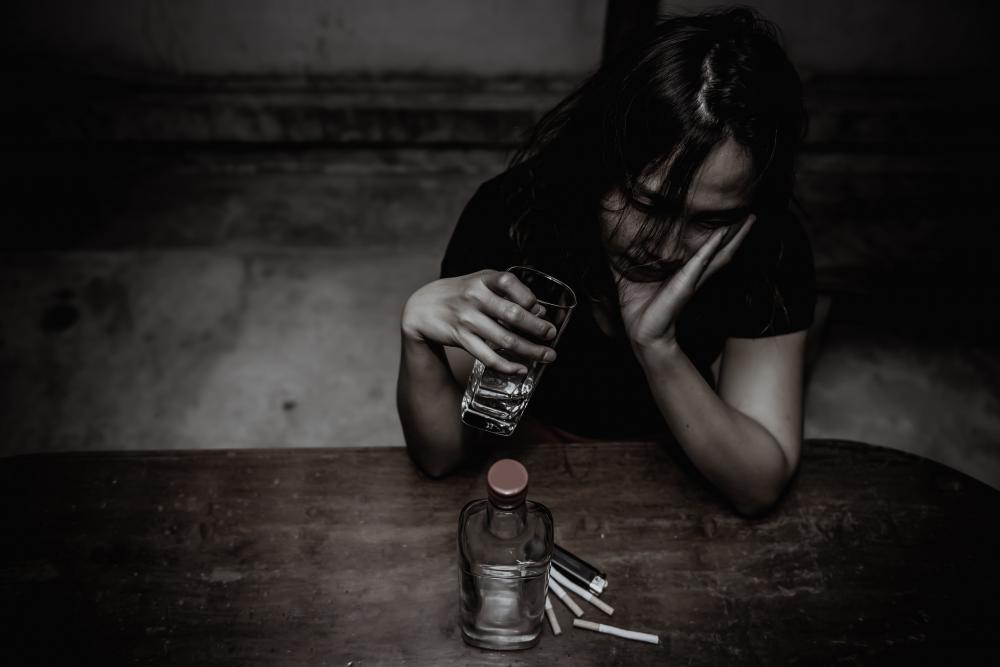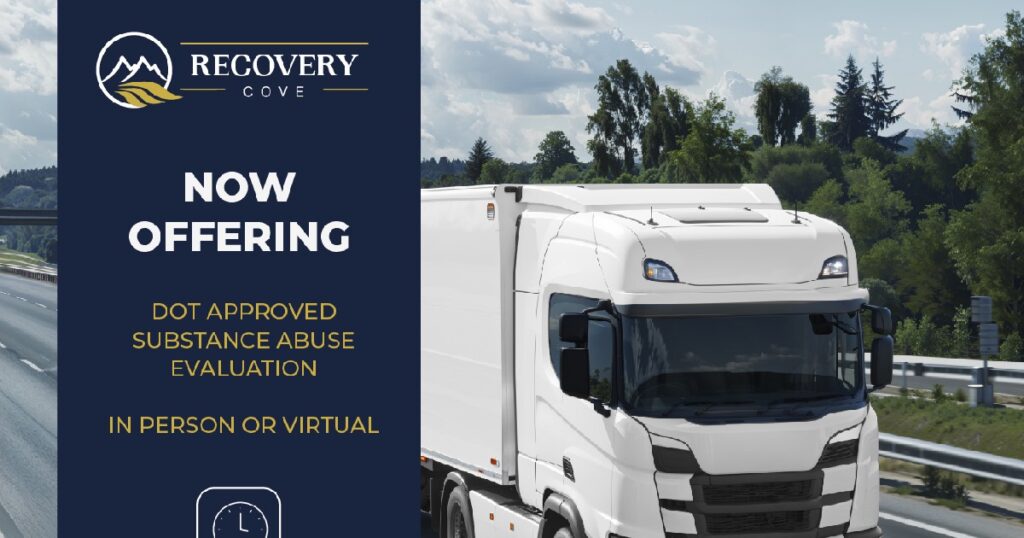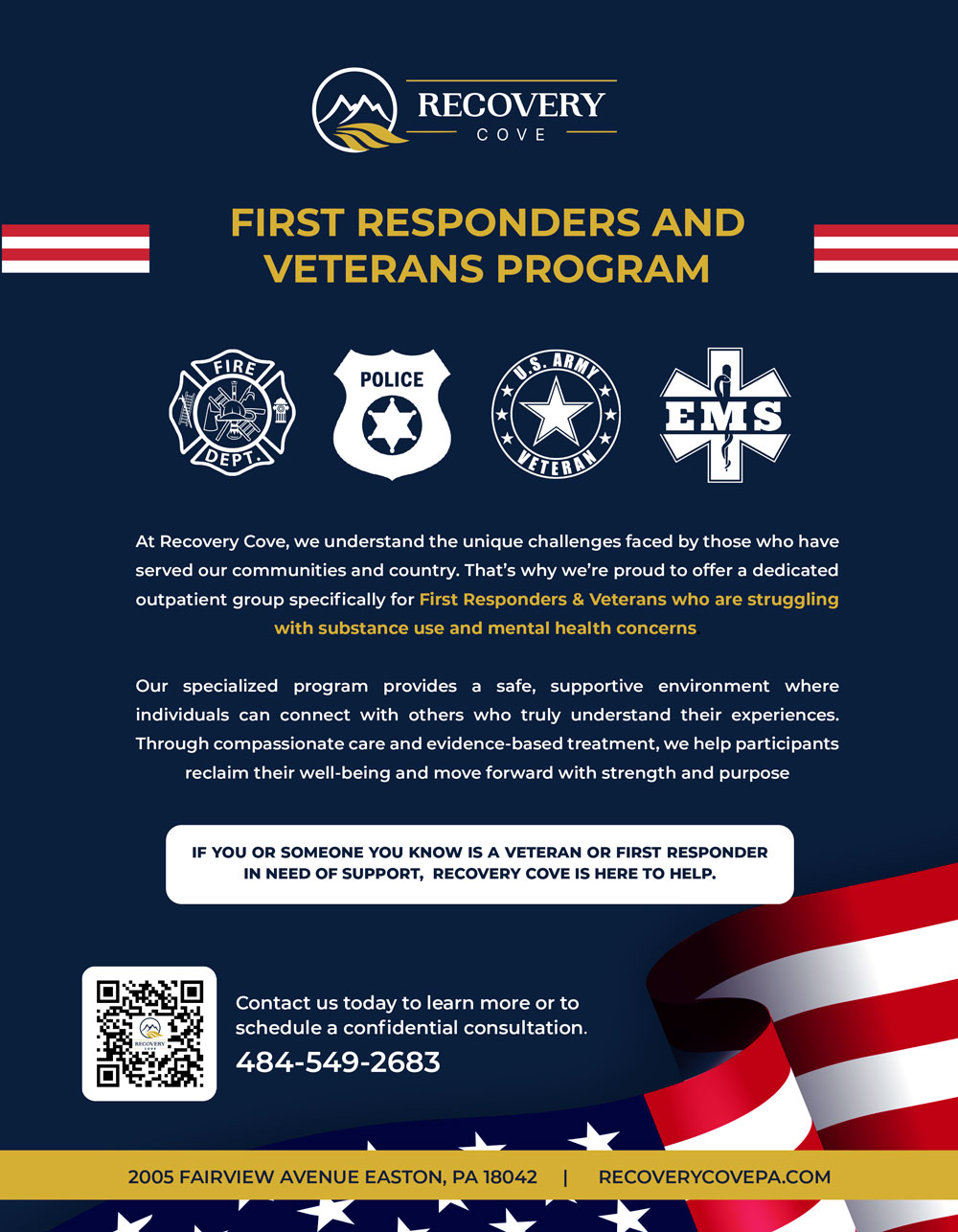
Healing for Addiction to Toxic Relationships
At Recovery Cove, we often encounter individuals who, alongside battling substance use disorders, find themselves ensnared in the cycle of addiction to toxic relationships. This dual struggle can significantly impede the journey to sobriety and personal fulfillment. Recognizing and addressing the intricacies of these toxic relationships is a crucial step towards holistic healing and recovery.
The Cycle of Toxic Relationships
The pattern of finding oneself in an addiction to toxic relationships often stems from deeper, unresolved emotional or psychological issues. It can be a manifestation of seeking comfort in the familiar, albeit damaging, dynamics learned in early life. Identifying these patterns is the first step towards breaking the cycle.
Impact on Recovery
The intertwining of addiction to toxic relationships and substance use disorders can create a complex web that hinders the recovery process. The emotional turmoil from these relationships can trigger substance use as a form of escapism, setting back progress in recovery.
Strategies for Healing from Addiction to Toxic Relationships
- Building Self-Worth: Cultivating a strong sense of self-worth is fundamental. It involves relearning to appreciate oneself, recognizing one's value, and not defining oneself solely through the prism of a relationship.
- Setting Healthy Boundaries: Essential for any healthy relationship, establishing clear boundaries helps protect one's emotional well-being and fosters mutual respect.
- Identifying Patterns: Recognizing the characteristics of toxic relationships can empower individuals to avoid potential pitfalls in future relationships.
The Role of Therapy in Addressing Addiction to Toxic Relationships
Therapy, particularly that which focuses on trauma and its effects, can play a pivotal role in addressing the root causes of addiction to toxic relationships. Such therapeutic interventions can provide the tools needed to navigate away from destructive patterns towards healthier interpersonal dynamics.
Personal Accounts
In my professional experience, I've seen firsthand how the courage to confront and work through issues related to addiction to toxic relationships can lead to profound transformations. One of our clients, Monica, shared how identifying and addressing her pattern of toxic relationships was a turning point in her recovery journey. It not only helped her in her sobriety but also empowered her to build healthier, more fulfilling relationships.
The Recovery Cove Approach
At Recovery Cove, we incorporate a holistic approach to recovery, addressing not just substance use disorders but also the underlying emotional concerns that contribute to the development of addiction to toxic relationships. Through individualized therapy, group support, and educational resources, we equip our clients with the knowledge and skills needed for long-term recovery and fulfilling relationships.
Conclusion
The journey to overcoming addiction to toxic relationships is a challenging yet deeply rewarding path. It requires courage, self-reflection, and commitment to growth and healing. At Recovery Cove, we stand ready to support individuals every step of the way, offering a compassionate and understanding environment where they can safely embark on their journey towards recovery and self-discovery.

Why are toxic relationships so addicting?
At Recovery Cove, we've seen that the addiction to toxic relationships often parallels the addictive nature of substances; both offer a temporary escape from underlying pain or insecurity. These relationships can be addicting because they fluctuate between extreme highs and lows, creating a kind of emotional rollercoaster. The highs, characterized by intense love or affection, can be intoxicating, similar to a drug's euphoria. On the flip side, the lows provoke anxiety and a desperate need to regain the high, compelling individuals to stay in the cycle. This dynamic mirrors substance addiction, where the person is in pursuit of the next 'high,' despite detrimental consequences. Understanding this pattern is the first step towards breaking free and fostering healthier connections.
Why do I keep getting into toxic relationships?
It's not uncommon for individuals to find themselves repeatedly entangled in toxic relationships, often due to unresolved personal issues or past traumas. At Recovery Cove, we've observed that many who enter these cycles do so because they are repeating familiar patterns learned in childhood or early life. For some, toxic relationships may echo the dynamics they observed in their family or experienced in past relationships, making the toxic traits feel 'normal' or comfortable, despite being harmful. Recognizing these patterns requires a deep dive into personal history and emotional wounds, which we address through therapy. Healing from these can pave the way for healthier relationship choices in the future.
Is it normal to crave a toxic relationship?
Craving a toxic relationship stems from complex psychological factors and, though not 'normal,' it's more common than many might think. This craving usually indicates unmet emotional needs or unresolved issues that one is unconsciously trying to resolve. For instance, someone might crave the intensity that comes with toxic dynamics, mistaking it for passion or love. Others might find the unpredictability thrilling, not realizing it's a stand-in for a deeper need for excitement or validation. At Recovery Cove, our approach is to explore these cravings in a supportive environment, uncovering their root causes and working towards healthier ways of satisfying emotional needs.
How do I stop obsessing over a toxic relationship?
Obsessing over a toxic relationship is a sign of deeper emotional entanglement. To move past this, it's crucial to start with building self-awareness and understanding why the relationship felt significant. At Recovery Cove, we encourage practices such as mindfulness and journaling to gain insights into one's thoughts and behaviors. Creating physical and emotional distance from the relationship is equally important. This might mean setting strict no-contact rules and removing triggers that remind you of the relationship. Engaging in new activities and hobbies can also shift your focus and help rebuild your sense of self outside the relationship. Remember, healing is a journey, and it's okay to seek professional help to navigate through it.
What role does therapy play in healing from addiction to toxic relationships?
Therapy plays a pivotal role in healing from addiction to toxic relationships by addressing the root causes of why individuals find themselves in these destructive patterns. At Recovery Cove, we leverage therapy to explore unresolved traumas, emotional wounds, and unhealthy relationship dynamics from the past. Therapeutic modalities like cognitive-behavioral therapy (CBT) and dialectical behavior therapy (DBT) are particularly effective in helping individuals understand their worth, establish healthy boundaries, and cultivate resilience against future toxic relationships. Therapy also offers a safe space to process emotions and develop coping strategies, making it an indispensable tool in the journey towards recovery and healthier interpersonal connections.
Additional Resources
- SAMHSA National Helpline - The Substance Abuse and Mental Health Services Administration (SAMHSA) helpline provides 24/7, 365-day-a-year treatment referral and information service for individuals and families facing mental and/or substance use disorders.
- Psychology Today Therapist Directory - Find a therapist near you through Psychology Today's comprehensive directory of mental health professionals.
- Mayo Clinic - Mental Health Providers - Mayo Clinic offers a guide on how to find the right mental health provider for your needs.









